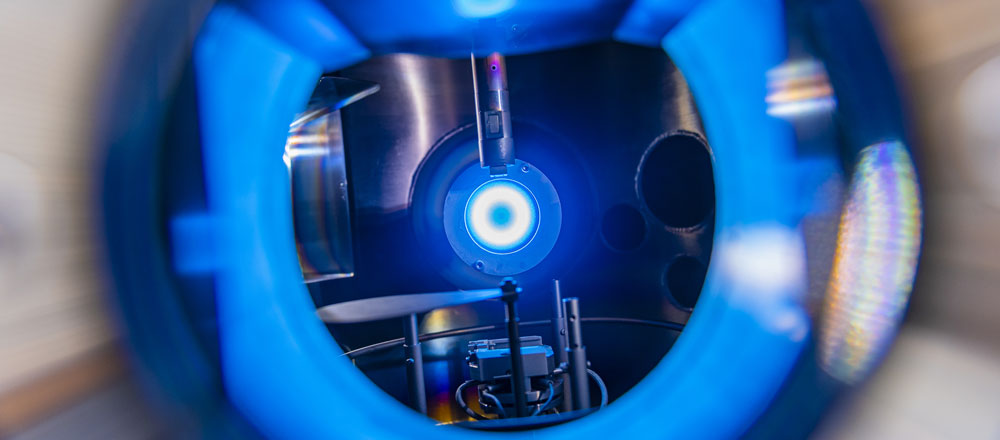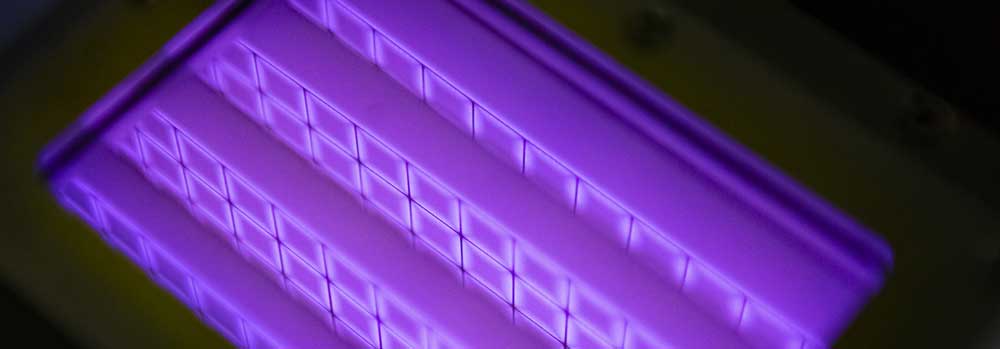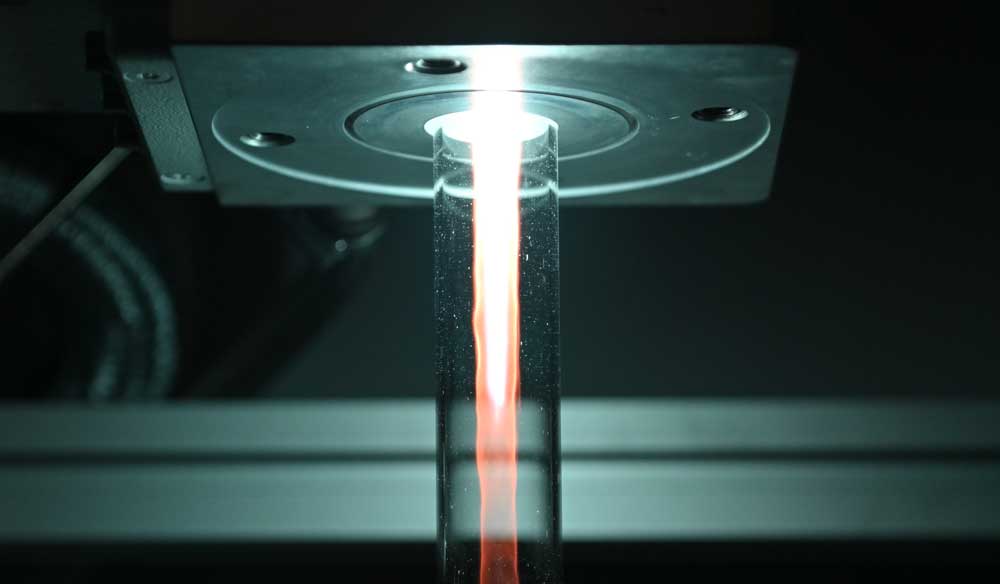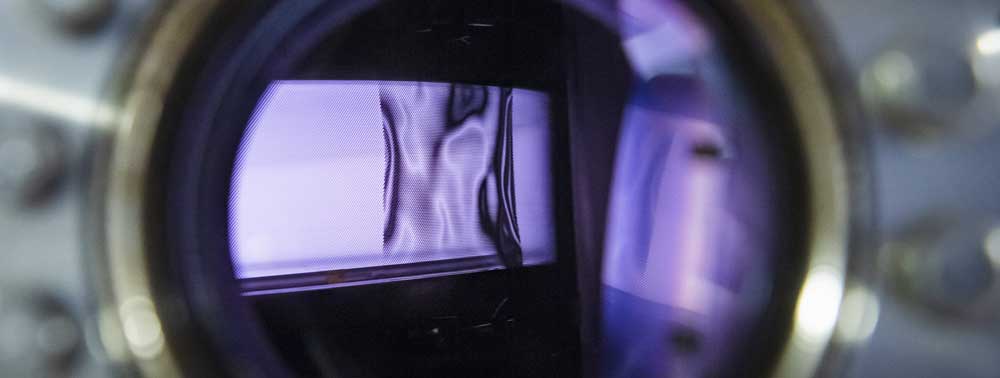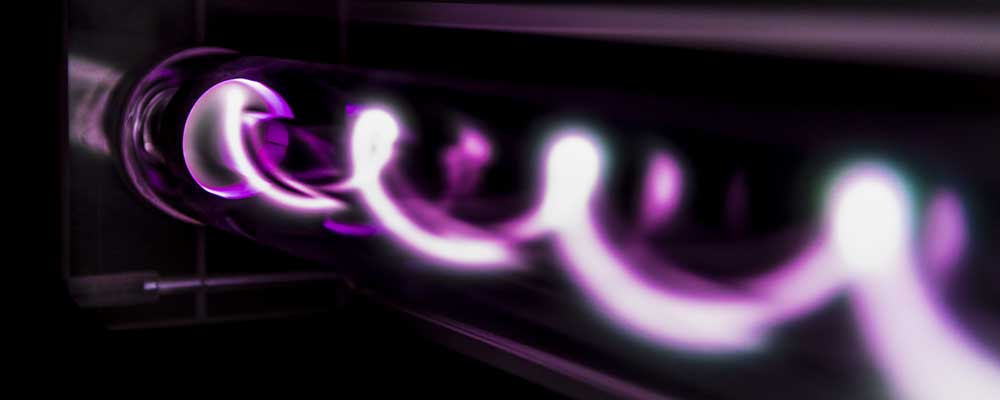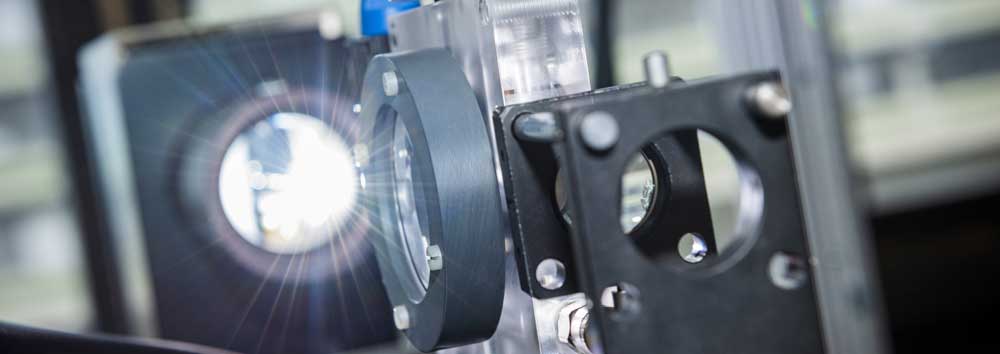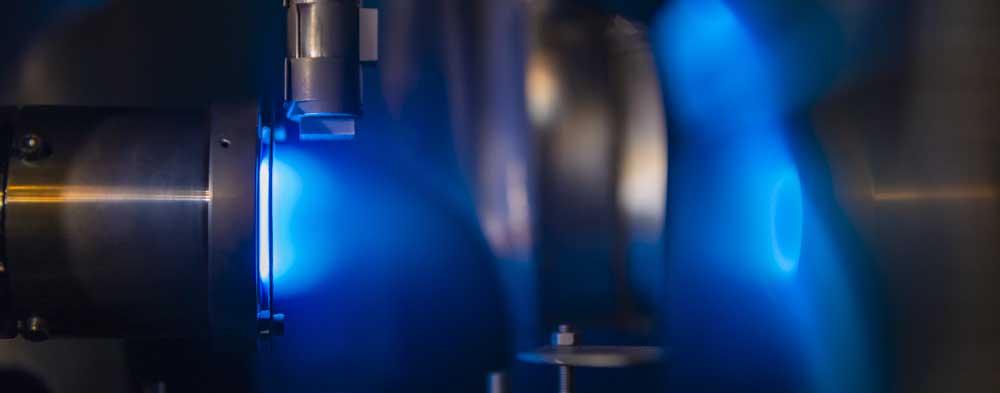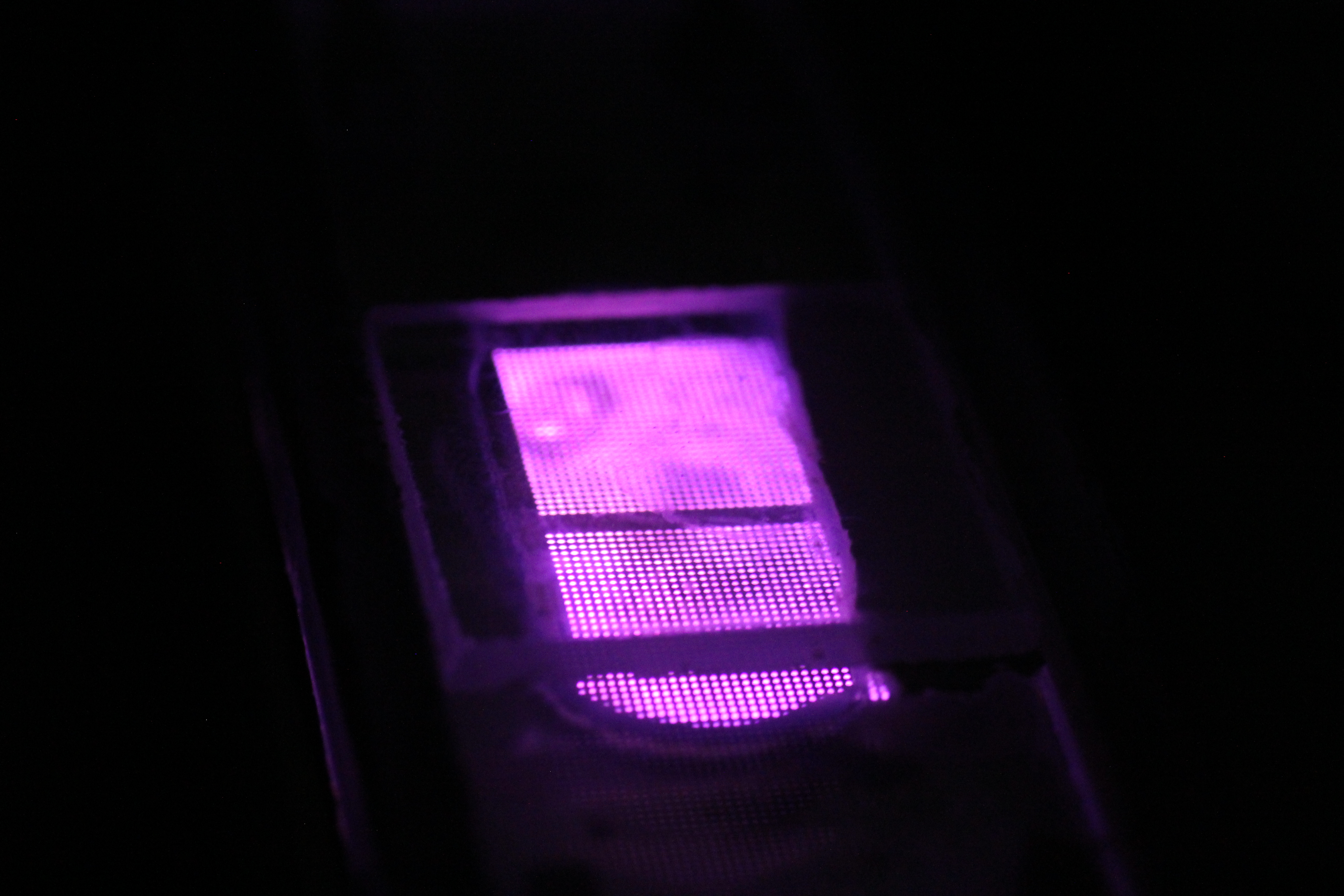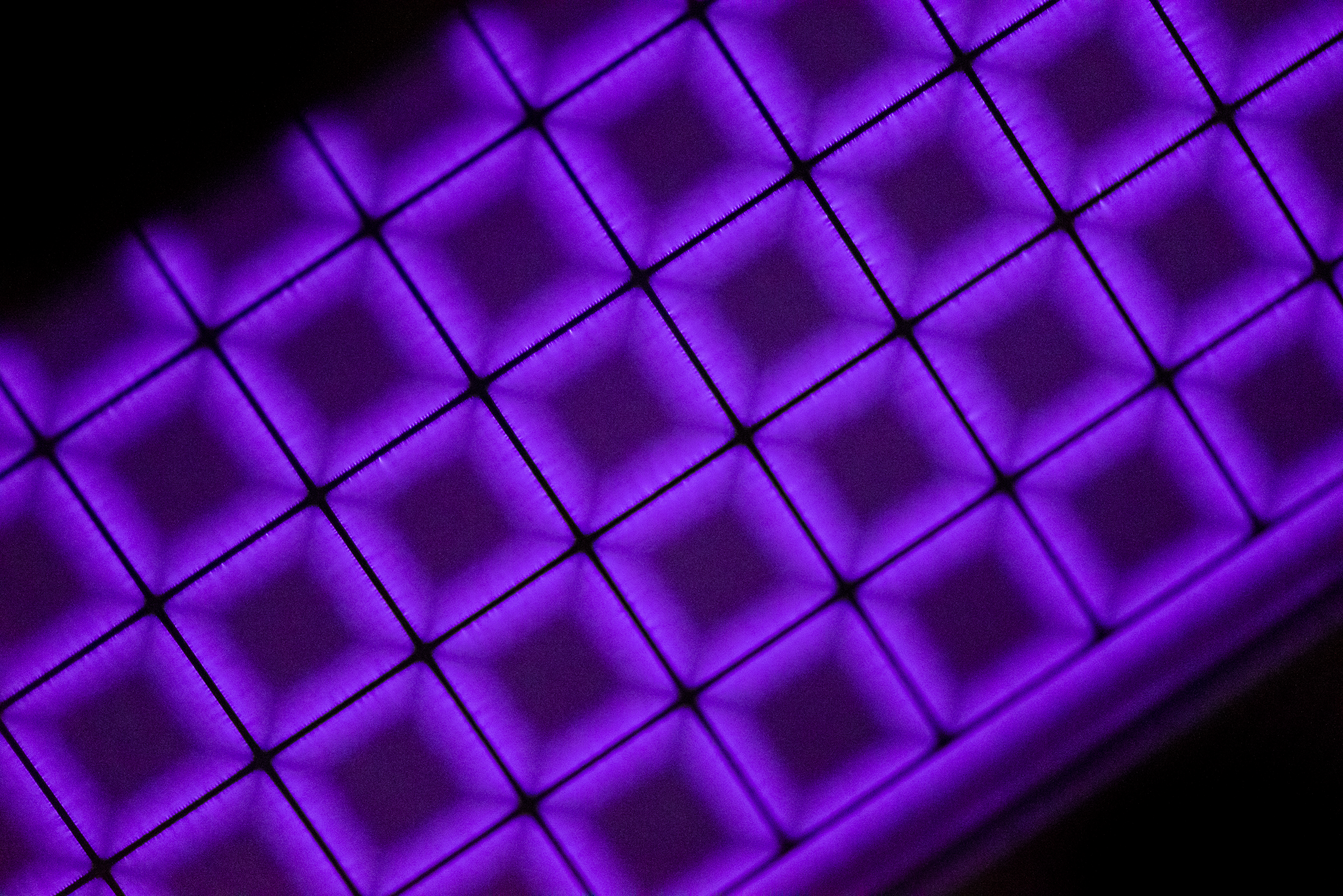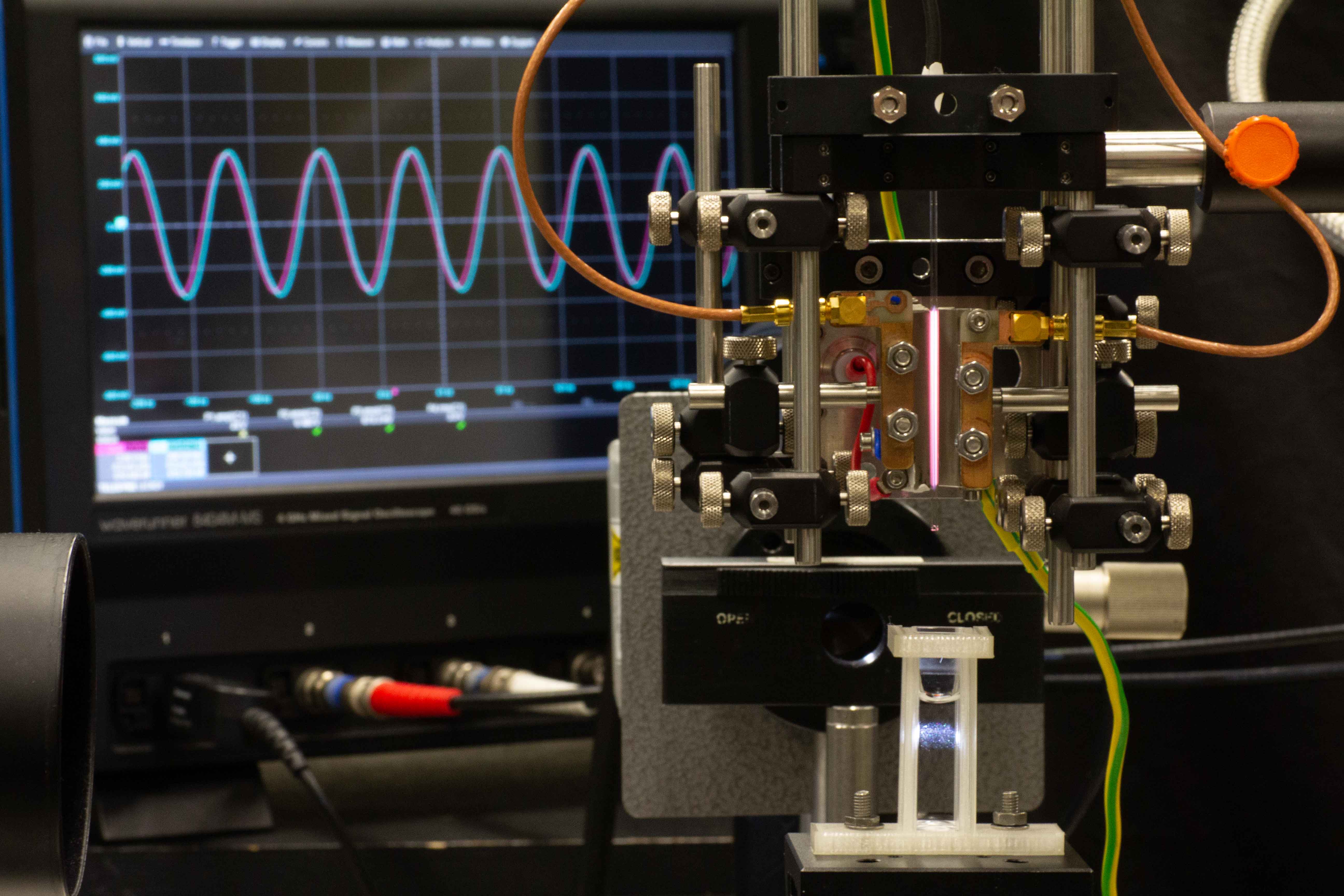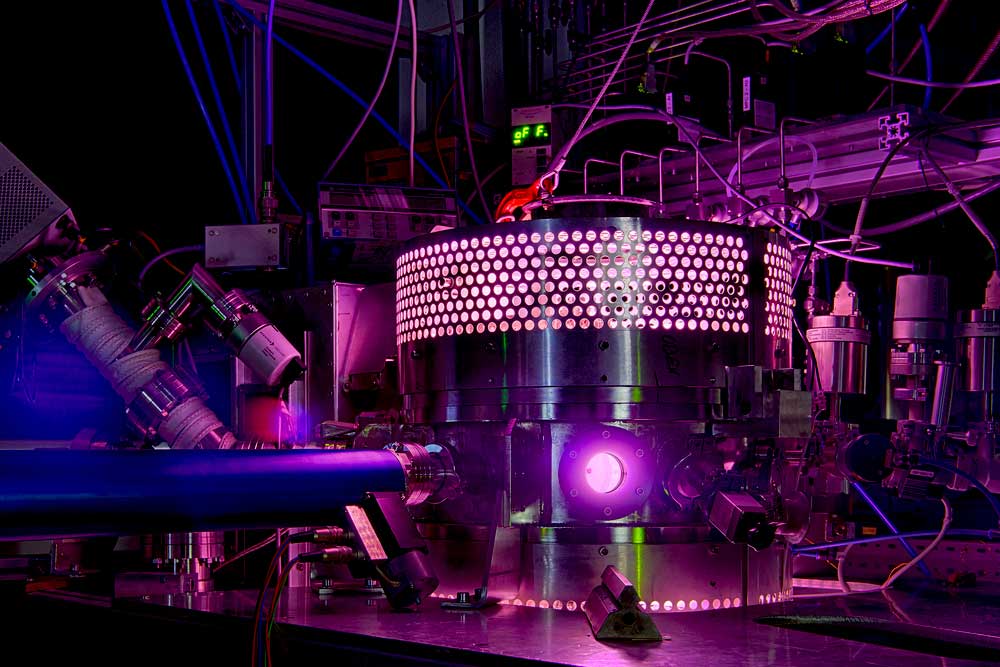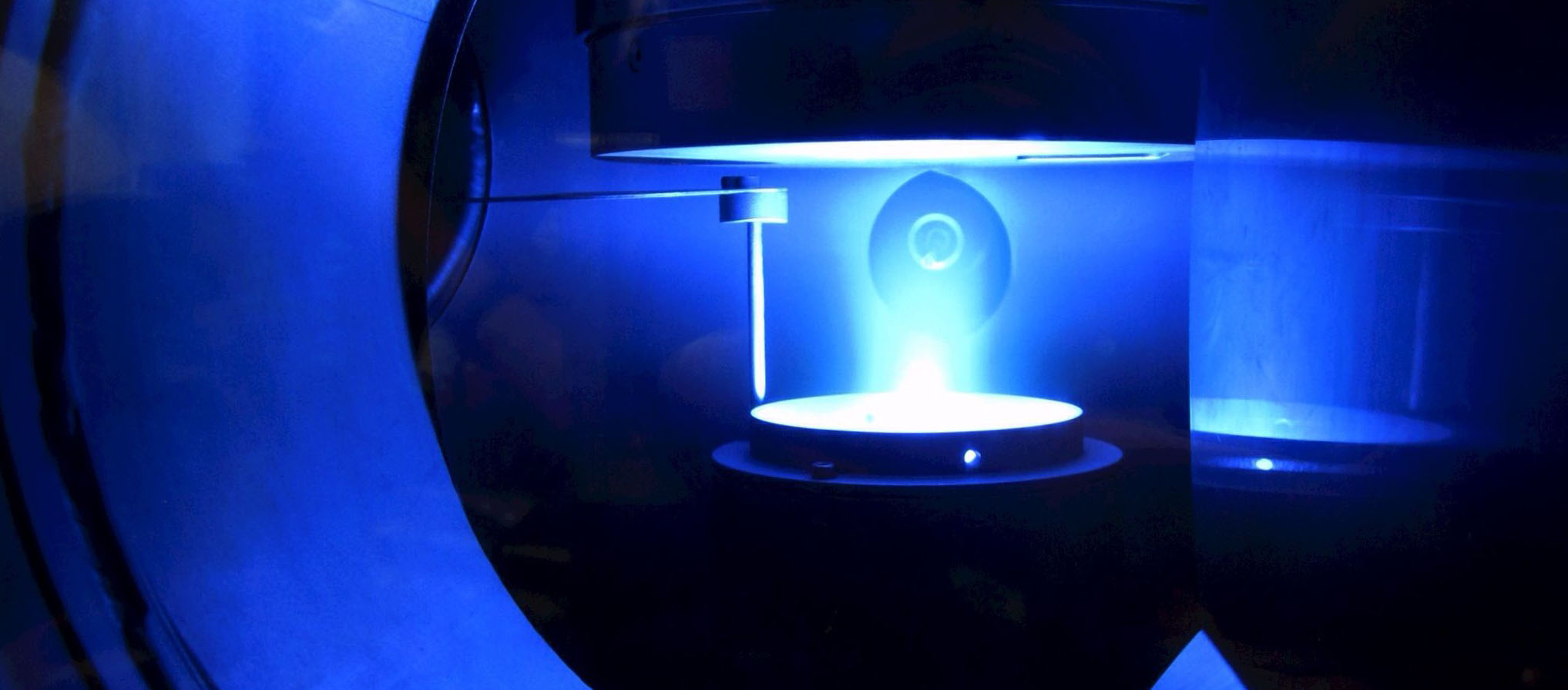Plasma Physics and Complex Plasmas
Area: Physical Focus Area
Teaching Period: Winter and Summer Semester (WS + SS)
Module Type: Elective
Workload / Credits: 300 hours / 10 CP
Recommended Semester: From 1st semester onward
Duration: 1–2 semesters
Learning Outcomes
Students gain a deeper understanding of plasma physics and complex plasma systems. The module introduces key research areas and methods, providing the foundation for specialization and preparation for a Master’s thesis in both experimental and theoretical plasma physics.
Course Content
- Single particle motion and kinetic theory
- Vlasov equation and Landau damping
- Fluid descriptions, plasma waves, and instabilities
- Hydrodynamic fundamentals, characteristic time and length scales
- Plasma diagnostics and boundary layer physics
- Plasma–surface interactions
- Discharge types, heating mechanisms, and plasma chemistry
- Light generation, plasma deposition, and plasma etching
- Waves and turbulence in plasmas
Recommended Literature
- F. F. Chen: Introduction to Plasma Physics and Controlled Fusion
- M. Lieberman & A. Lichtenberg: Principles of Plasma Discharges and Materials Processing
- Reece Roth: Industrial Plasma Engineering
- T. J. M. Boyd & J. J. Sanderson: The Physics of Plasmas
- D. R. Nicholson: Introduction to Plasma Theory
- U. Frisch: Turbulence
- W. D. McComb: The Physics of Fluid Turbulence
- S. B. Pope: Turbulent Flows
Teaching Methods
Lectures, Exercises, and Seminars.
Assessment and Credit Requirements
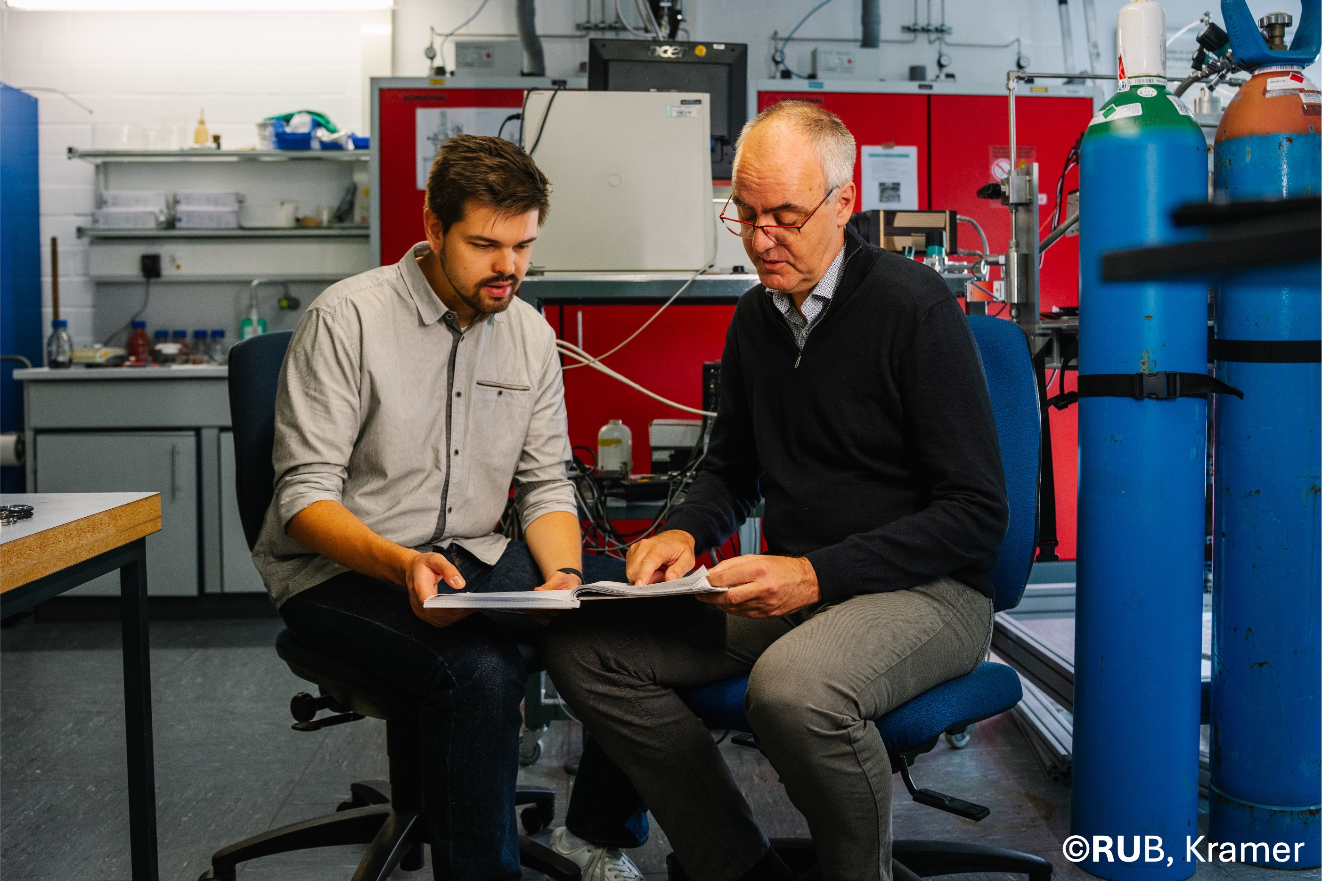 To receive credit points, students must complete all components of the module. The module representative records individual achievements and assigns a final grade, which must be submitted to the Examination Office.
To receive credit points, students must complete all components of the module. The module representative records individual achievements and assigns a final grade, which must be submitted to the Examination Office.
The final grade is calculated as the weighted average of all graded components, according to their respective credit points (CP). If the total number of earned CPs exceeds 10, the average is based on the actual total achieved. Partial weighting of individual courses is not permitted.
If one or more components are ungraded, the final grade for the physical focus area is determined via an oral examination (see §5 (4b) PO B.Sc./M.Sc. 2006).
Credit points for courses not listed in the catalogue are calculated as the number of semester hours per week (SWS) plus one additional CP for a graded performance.
Module Chair: Prof. Dr. Achim von Keudell
Download Module Manual
